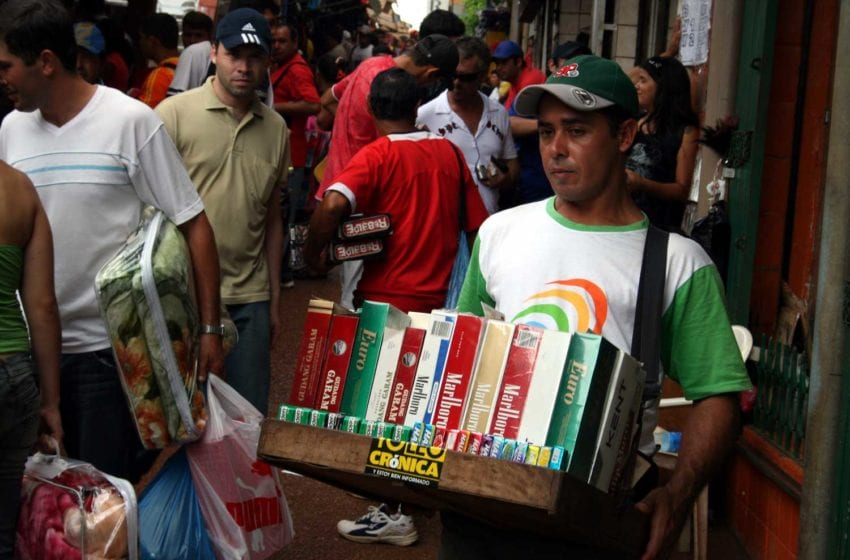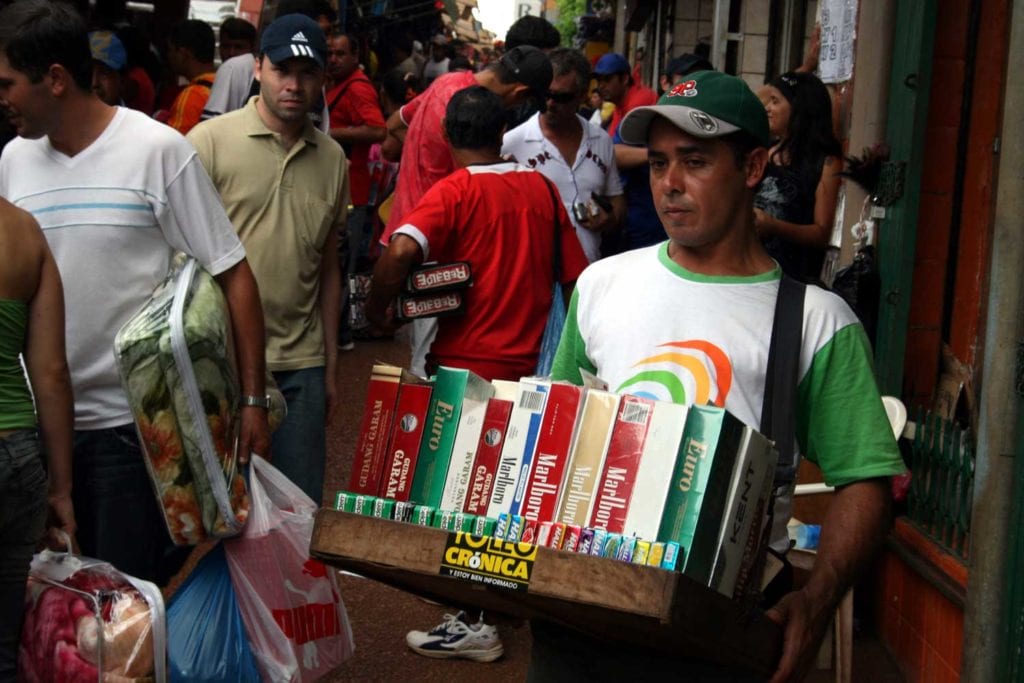Public Smoking Banned Across South America
- News This Week Regulation
- January 13, 2021
- 0
- 0
- 3 minutes read


(Photo: Taco Tuinstra)
Following the recent enactment of smoke-free laws in Paraguay, every South American country bans public smoking.
Under Decree No. 4624, approved by Paraguay’s presidency on Dec. 29, consuming lit, heated, or electronic tobacco products is permitted only in uncrowded open air public spaces that are not transit areas for nonsmokers.
“This is a great achievement for the people of Paraguay,” said Carissa F. Etienne, director of the Pan American Health Organization, in a statement. “The country has taken an enormous step toward protecting its citizens from the devastating health, social, environmental and economic consequences of smoking and exposure to tobacco smoke.”
Following Paraguay’s recent ban on public smoking, all South American countries have comprehensive smoke-free laws.
“This is a great moment not only for the health of Paraguayans, but for the entire region of South America,” said Adriana Blanco, head of World Health Organization (WHO) Framework Convention on Tobacco Control (FCTC) Secretariat. “Paraguay’s decree creates a subregion of the Americas that is totally free of tobacco smoke.”
According to the Campaign for Tobacco-Free Kids, some 430 million people are now protected by laws requiring smoke-free public places and workplaces. These laws also ban designated smoking areas.
This progress is the result of years of commitment and action from political leaders and civil society groups in South America working to fulfill their obligations under the FCTC.
When the FCTC came into force more than 15 years ago, only one country in South America, Uruguay, provided its citizens with broad protection against secondhand smoke.
